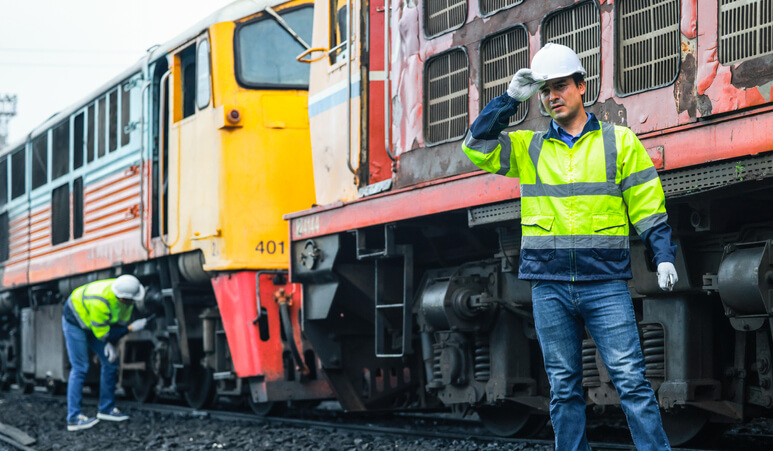Exploring the Role of a Locomotive Mechanic After Automotive School
Transitioning from automotive school to a career as a locomotive mechanic presents an exciting pathway for those passionate about heavy machinery and transportation. The role of a locomotive mechanic is vital in the railroad industry. These professionals are responsible for ensuring the safe and efficient operation of trains.
This career path offers unique challenges and opportunities to apply and expand upon the skills acquired in automotive school. In this blog post, we’ll delve into what it means to be a locomotive mechanic, the skills required, and how your automotive background can set you up for success in this field.
The Role and Responsibilities of a Locomotive Mechanic
A locomotive mechanic’s primary responsibility is to ensure trains’ efficient and safe operation as per their diesel mechanic training. This involves regular maintenance, repairs, and inspections of locomotives and other rail vehicles. The role demands a deep understanding of diesel engines, electrical systems, and hydraulics. Unlike automotive mechanics, who often deal with a broad range of vehicle makes and models, locomotive mechanics specialize in the complex systems that power trains.
Mechanics in this field must be proficient in reading and interpreting technical manuals and schematics. They must also possess strong analytical skills to diagnose issues accurately and efficiently. Additionally, the ability to work in a team is crucial, as maintenance and repairs on locomotives often require coordinated efforts.

Skills Required for the Role
A strong foundation in mechanical systems facilitates the transition from automotive to locomotive mechanics. However, there are specific skills and knowledge areas that are particularly important in the railroad industry:
- Understanding of Diesel Engines: Most locomotives are powered by large diesel engines. A deep understanding of diesel mechanics is essential for troubleshooting and repairing these engines.
- Electrical Systems Knowledge: Modern trains are equipped with complex electrical systems. Skills in diagnosing and repairing electrical issues are crucial.
- Hydraulic Systems Experience: Many locomotive functions rely on hydraulic systems. Familiarity with these systems and their maintenance is necessary.
- Adaptability to Heavy Machinery: Locomotives are much larger and more complex than cars. Mechanics must be comfortable working with heavy machinery and the unique tools required for these repairs.
- Safety Regulations Knowledge: The railroad industry is heavily regulated. Understanding and adhering to safety standards and regulations is critical to the job.

Leveraging Diesel Mechanic Training Experience
Diesel mechanic training graduates have a solid mechanical foundation to build upon. Key areas where automotive skills translate well include:
- Diagnostic Techniques: Diagnosing mechanical and electrical issues is as valuable in locomotive mechanics as in automotive repair.
- Tool Proficiency: Familiarity with a wide range of tools and diagnostic equipment directly applies to locomotive maintenance.
- Problem-Solving Skills: The systematic approach to troubleshooting learned in automotive school is crucial for diagnosing complex issues in locomotives.
- Technical Knowledge: A firm grasp of mechanical and electrical principles provides a base for understanding locomotive systems.
Opportunities and Job Prospects
The demand for skilled locomotive mechanics is steady, driven by the need for freight and passenger rail transportation. With the push towards more sustainable modes of transport, the rail industry is poised for further growth. Consequently, this offers ample opportunities for career advancement. A locomotive mechanic can progress to supervisory roles, become a specialist in a particular locomotive type, or transition into related fields such as rail system safety and compliance.
In addition, the skills acquired as a locomotive mechanic are transferable to other heavy machinery and transportation sectors, providing a broad range of career paths. The role offers the satisfaction of contributing to the backbone of the economy, ensuring the smooth operation of critical supply chains and passenger services.
Do you want CATI school to help launch your automotive career?
Contact CATI for more information.

